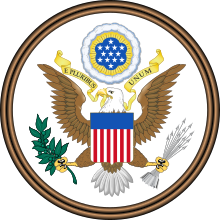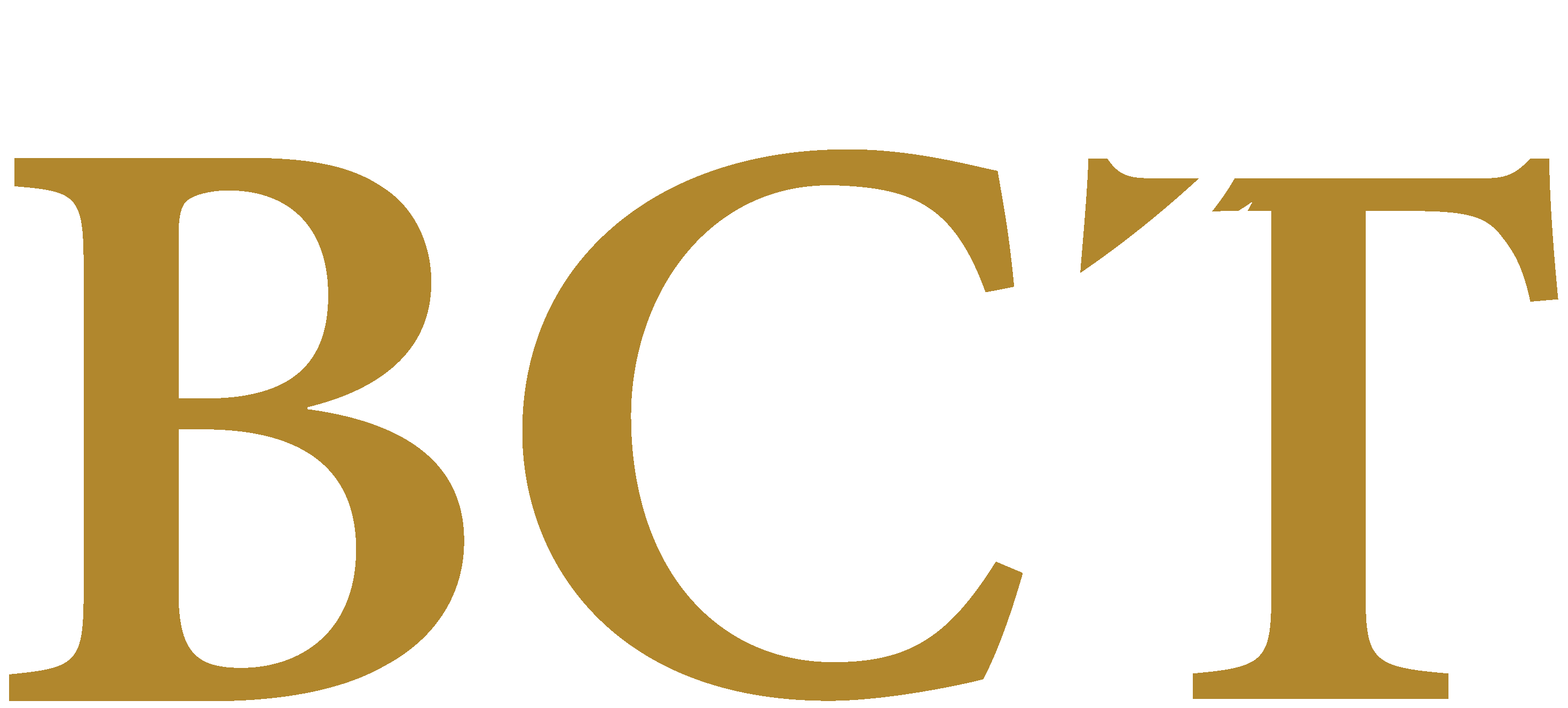Government Services

US Government
Unlike other focus areas such as artificial intelligence or cyber security, the US Government does not have an overall strategy or plan for the deployment and use of Blockchain or DLT for public interactions and the delivery of Government services. These include voting, taxation, census, public records (e.g., land ownership, corporate registrations), entitlements (e.g., healthcare, social security, food stamps), identity (e.g., driver licenses, birth certificates, passports), supply chains (e.g., food, disaster supplies, foreign aid).

China
By contrast, the Chinese Government envisions blockchain as an enabler to control the development and governance of blockchain worldwide which could present a grave threat to US economic growth and national security. In a speech to the Chinese Academy of Sciences, Chinese President Xi Jinping clearly stated that reshaping the global economic structure will be based on "artificial intelligence, the Internet of things, and blockchain". Immediately after that statement, the state-controlled CCTV stated that "the value of blockchain is 10 times that of the Internet". As part of the Chinses governments current Five-year Plan, investments in blockchain partnerships with Chinese firms have reached billions of dollars. In the local government arena, China is implementing blockchain for, among others, tax collection, supply-chain management, and food and drug safety. A very recent report stated that in China there are 263 blockchain-related ongoing projects; 25% of the global total.
Other Foreign Governments
There are many government public services that would benefit from blockchain. Foreign governments internally and cross-borders are rapidly implementing them. A sample would include: Italy's Ministry of Economic Development (MISE), with IBM help, will use blockchain to curate certification from the origin of raw materials to finished goods to insure traceability of the entire textile supply chain and reduce counterfeiting; France's National Council of Clerks (NCC) for the commercial and corporate registry use blockchain to yield "the single version of the truth" to ensure that official records exactly reflect the updated data that was recorded about a business transaction; United Kingdom's Food Standards Agency (FSA) used blockchain to in the meat supply chain to ensure compliance in the food sector; Estonia's blockchain programme connects government services sensitive data (healthcare, judiciary, legislature, security and commercial code registries) in a single digital platform; Denmark's Liberal Alliance became the first major political party in the world to vote using blockchain technology in 2014; Georgia is using blockchain in a land registry project for the National Agency of Public Registry (NAPR); several Asian governments (Thailand, South Korea, Hong Kong, Australia, Japan) are exploring blockchain implementation in public institutions, led by national central banks in the finance area, while also encouraging blockchain penetration into the private sector. New Zealand's BlockchainNZ, a consortium of organizations, businesses and forums interested in advancing distributed ledger technology, recently met with government authorities to create a national DLT strategy to fast-track the growth of the blockchain ecosystem. Cross-border financial tractions will transform the industry and are among the fastest growing use of blockchain due to cost effectiveness, almost immediate fund transfer, information transparency, and security.
US State Governments
The situation is only slightly more upbeat at the State government level. Some state government blockchain initiatives are being funded and implemented and regulations and laws are being enacted. For example, for the 2018 mid-term general election, West Virginia successfully implemented and tested a mobile voting app used by 150 voters on blockchain; Denver, Colorado allowed voters to use the same mobile app for a municipal election; Colorado introduced a bipartisan bill to promote the use of blockchain government record keeping.
A vast majority of states are passing enabling laws or taking a regulatory stance to control the use of blockchain for crypto currency. Wyoming passed a law allowing corporations to issue cryptocurrency instead of stock certificates using blockchain. Several states are actively exploring blockchain applications for government services. The Delaware Blockchain Initiative and Illinois Blockchain Initiative both use in the public and private sectors. But a recent survey found 17 states that have either taken a negative stand against cryptocurrencies or have taken no discernable actions related to blockchain.
Conclusions
The US government, as a single entity, must strategically plan, collaborate with the private sector, coordinate, encourage, fund, and most importantly, implement initiatives that address the delivery of government services. The greatest benefit of using blockchain in the government services environment would be implementing the once-only principal. This principal asserts that a person or business should provide or update information to the government one-time, with this information shared across the applicable distributed systems that require this information. That transaction would be a blockchain smart contract and act as the "gold standard" to automatically update all other government documents. The government would benefit from this approach by improving transparency, generating greater trust, and insuring better security, while reducing inefficiency and bureaucracy.
Continue to Concerns.






